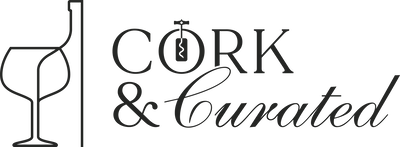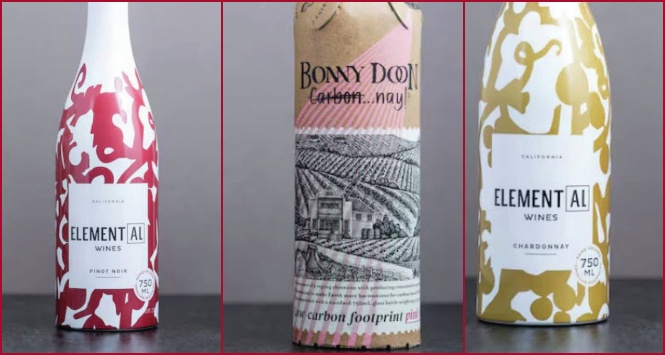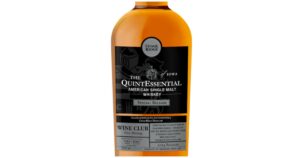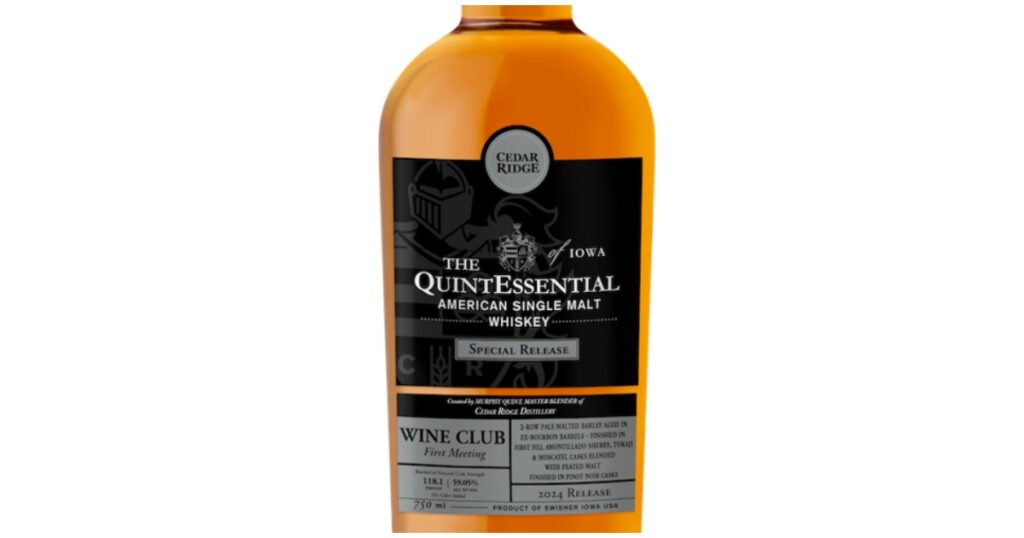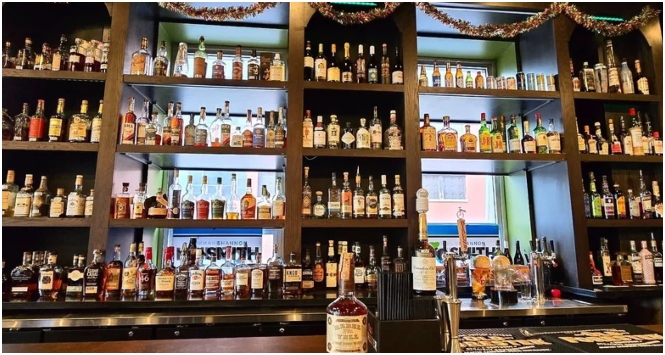As sustainability becomes a driving force in the wine industry, packaging has long remained a challenge.
While wineries have made strides in eco-friendly practices in vineyards and cellars, the packaging component has often lagged behind.
However, exciting new advancements in green wine packaging are now offering hope for a more sustainable future.
Consumers are increasingly demanding alternatives, and innovative companies are responding with lightweight, recyclable bottles that reduce both environmental impact and transportation costs.
Two groundbreaking new bottles have emerged, each offering a unique solution to the wine industry’s packaging dilemma, and both made their U.S. debut this year:
The Frugal Bottle: A Paper Revolution
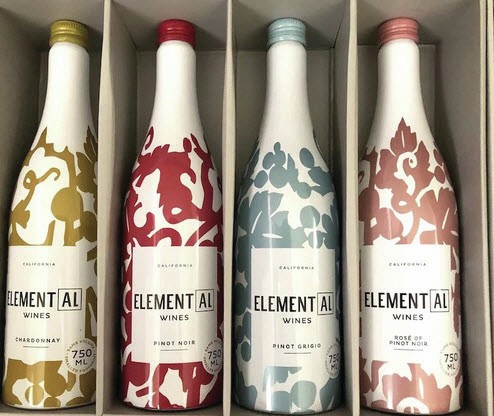
Developed in the UK and now available in North America through Monterey Wine Company, the Frugal Bottle is the first-ever paper wine bottle. This paper bottle, which is five times lighter than glass and boasts a carbon footprint up to six times lower, is made from 94% recycled paperboard and lined with a food-grade pouch, ensuring the wine’s integrity while remaining free of flavor or aroma contamination.
As part of a broader effort to introduce more sustainable packaging options, the Frugal Bottle has already been successfully used by European brands such as Italy’s Cantina Goccia and even Aldi’s store-brand wines.
Shannon Valladarez, general manager of Monterey Wine Company, praised the transition to sustainable packaging: “Sustainability is on the forefront of what the wine industry is doing, and we’ve been committed to improving packaging to meet new environmental mandates.”
The Frugal Bottle is not only environmentally friendly, but it’s also highly functional. The lightweight nature of the paper bottles drastically reduces shipping costs, with a case of Frugal bottles weighing half as much as traditional glass bottles. This reduction in weight enhances employee safety and allows for more efficient distribution. In addition, the bottle is fully recyclable, with clear instructions for consumers on how to recycle it properly.
The Aluminum Bottle: A Shiny New Option
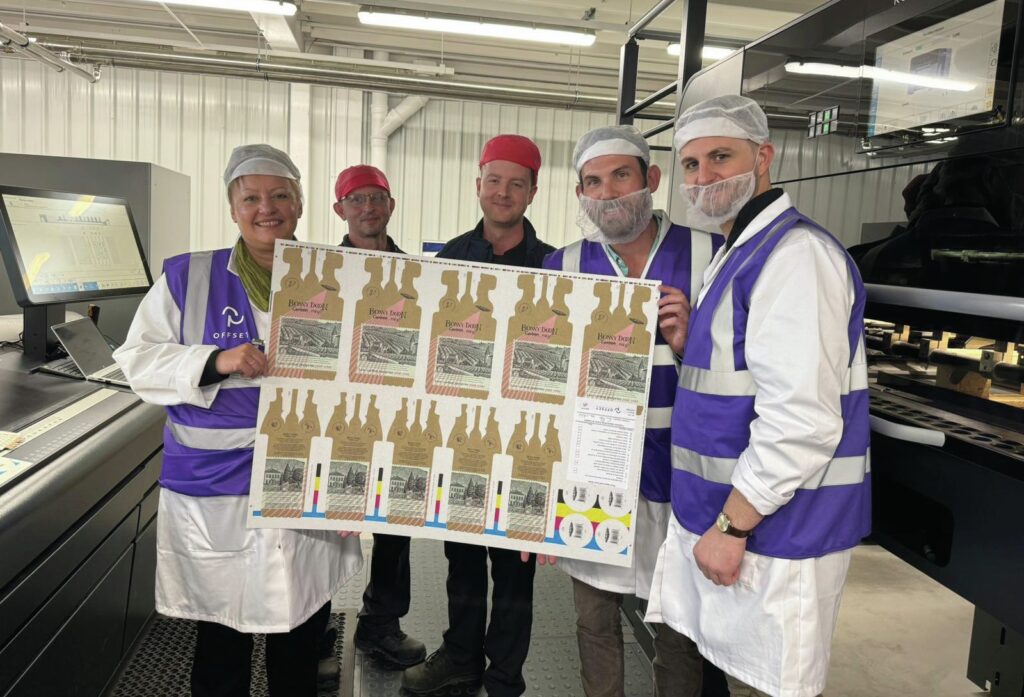
In another innovative move, Bogle Family Wine Collection has introduced the first-ever 750ml all-aluminum wine bottle. Designed after three years of research and development, the aluminum bottle offers a high level of recyclability and weighs just a fraction of a traditional glass bottle—around 80 grams compared to glass’s 500 grams. The bottles’ lightweight nature allows for more efficient transportation, reducing carbon emissions and shipping costs.
Jody Bogle, vice president of consumer relations at Bogle, noted the significant environmental benefits of aluminum packaging: “Aluminum requires just 5% of the original energy to create the next generation, and the containers can be recycled indefinitely without losing quality.” Moreover, aluminum bottles are shatterproof, making them ideal for markets and locations where glass is not practical.
The Element[AL] wines, launched in January 2024, include Chardonnay, Pinot Noir, Pinot Grigio, and Rosé. These bottles are already available at major retailers such as Total Wine, Target, and Safeway. The cost savings are also impressive, with Bogle reporting that the reduced weight and smaller dimensions result in a 30% cost reduction per case shipped.
A Future Full of Potential
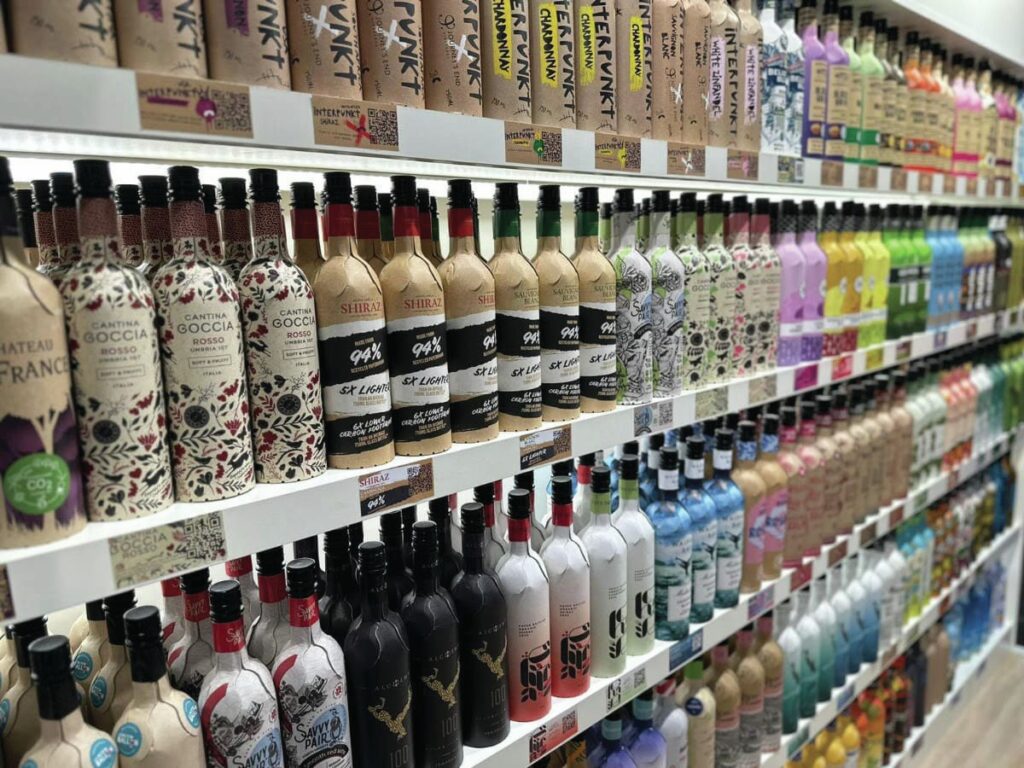
The shift toward paper and aluminum bottles represents an exciting step in reducing the wine industry’s environmental impact. While it’s too early to determine how quickly these new packaging formats will be embraced by consumers, the early signs are promising. Both the Frugal Bottle and Element[AL] aluminum bottles demonstrate that innovation is alive and well in the wine world, as wineries look for ways to reduce their carbon footprints while delivering quality wines to consumers.
As these eco-friendly bottles continue to gain traction, other wineries are likely to follow suit, pushing the industry toward a greener, more sustainable future.
